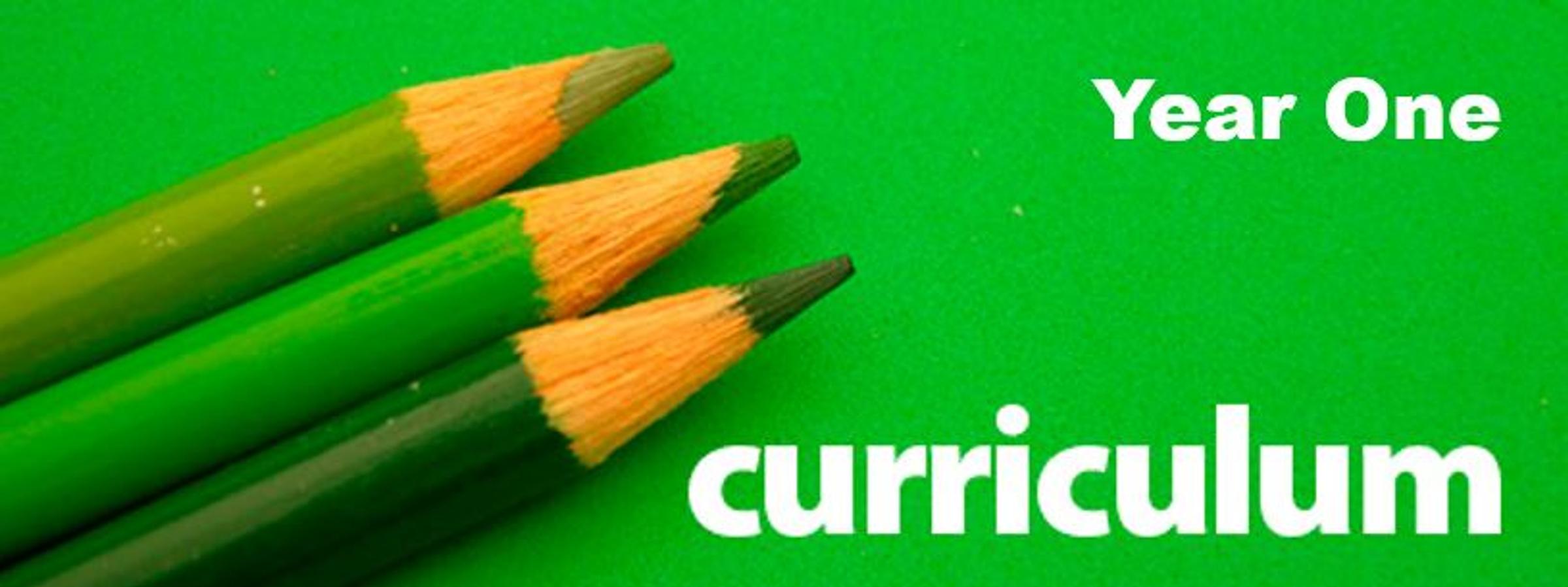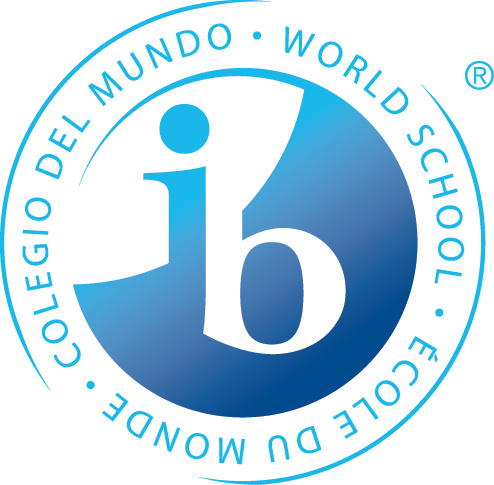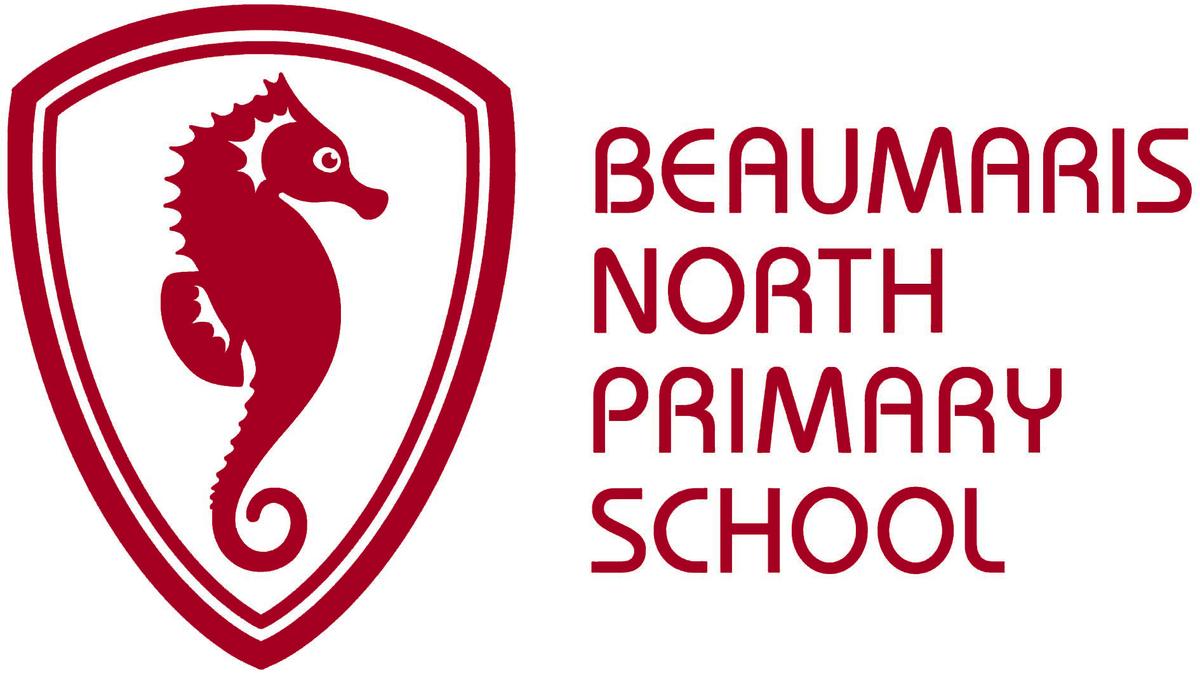
Term 2, 2021
Year 1 Term 2, 2021
Welcome to Term 2! The children have now settled in to their 2021 classes and we are full steam ahead, immersing ourselves in our first Term 2 Unit of Inquiry, People express themselves through stories. This is an engaging unit, discovering the purpose of stories and exploring fairy tales, dreamtime stories and fables. Our second Unit of inquiry for Term 2 will explore how Transport has changed over time. We are excited to offer the Year 1 students their first school excursion with a day trip to Belgrave, where we will travel on the famous Puffing Billy steam train. We will also be visiting The Motorist, vintage car museum, where students will be given a guided tour of the museum.
LITERACY
This term we continue to introduce the elements of The Daily 5 within our Literacy sessions. We have continued to implement Read to Self, Work on Writing, Word Work (SMART spelling activities), Read to Someone and Listen to Reading. During our reading sessions the children have been guided to explore one of the four key components of successful reading through the use of the CAFE Menu. CAFE is an acronym for Comprehension, Accuracy, Fluency, and Expand Vocabulary.
Grammar
Within our teaching this term we will embed grammatical language and grammatical features through classroom discussion and via reading and writing sessions. The Year One students will continue to explore punctuation, with a focus on capital letters and full stops. The students will further explore adjectives, nouns and be introduced to both compound words and contractions.
Directed Writing
We continue to explore the 6 Traits of Writing, Organisation, Sentence Fluency, Conventions, Voice and Ideas. We have been using the online tool Scriibi, a program that supports teachers to develop their students' written communication skills. This term the Year One students will learn to narrow and expand their ideas, use strategies such a pictorial writing to develop and support their ideas and to incorporate the 5Ws, Who? What? Where? When? and Why? Students will learn to provide details about ideas or events, and details about the participants in those events. We will use Scriibi for pre and post assessments using a rubric, focusing on the structure that we have taught in our previous writing lessons. The students will use their Writer’s Notebook to brainstorm and share ideas. The students will experiment with writing in a variety of styles and for a range of audiences. We are exploring recount writing, narrative writing and acrostic poems.
Speaking & Listening
The Year Ones are encouraged to continue to bring in ‘Show and Tell’ to share with the class on a Friday. Show and Tell is encouraged to be linked with our current Unit of Inquiry. The children will continue to develop their respectful listening skills and whole body listening whilst others are speaking.
Spelling
We are continuing with the SMART spelling approach. The children will continue to complete spelling activities in class and at home, applied to their six chosen words. On Friday students complete dictation, where the children are encouraged to have a go at writing the sentences which include other words not on the list but that contain the same sound. This term will see the introduction of BOB words, which are “Back of Book” words. These are personalised words identified within their own writing, that the child is having difficulty spelling.
NUMERACY
Number and Algebra
In Number and Algebra this term, the Year 1 children are continuing to explore number and the ability to recognise, represent and order numbers to 100 using a variety of strategies and concrete materials. We will continue to group objects and skip count by twos, fives, tens, and count to 100 by partitioning and using place value. This term students will learn to solve simple addition problems using a range of strategies such as counting on, partitioning and rearranging parts.
Measurement and Geometry
In Measurement and Geometry this term, the Year One children will learn to describe duration using months, weeks, days and hours. We will explore the use of a calendar and learn to locate specific information, such as finding a given date on a calendar and identifying what day it is. The students will explore two dimensional and three dimensional shape. They will focus on classifying shapes as either 2D or 3D and learn to describe shapes and objects using everyday language such as ‘corners’, ‘edges’ and ‘faces’. Students will learn to tell the time to the hour, on both analogue and digital clocks. They will learn to recognise digital time on the hour using :00 and describe the placement of the hands on an analogue clock for o’clock.
Statistics and Probability
In Statistics and Probability, we are learning to determine outcomes of familiar events involving chance. We will learn to describe these events using everyday language such as ‘will happen’, ‘won’t happen’ or ‘might happen’.
Units of Inquiry
HOW WE EXPRESS OURSELVES
People express themselves through stories
Lines of inquiry:
- The way stories are told
- The reason people write stories
- The way we explore culture, beliefs and values through stories
WHERE WE ARE IN PLACE AND TIME
Transport changes over time
Lines of Inquiry
- The different forms of transport
- The way transport has changed over time
- The way transport affects our way of life (interconnectedness)
Wellbeing
The Resilience project
The children are enjoying the Resilience Project program and completing sessions on a fortnightly basis. We will be continuously discussing and exploring the three main focus areas of the program which are: Gratitude, Empathy and Mindfulness (GEM).
Cyber Safety Project
This semester the students will be undertaking a new program, the ‘Cyber Safety Project’. The focus for the Cyber Safety Project is to provide a whole community approach focused on developing future skills, lifelong habits and self-regulation when using digital technologies for work and play. During this program the students will learn how to participate safety and responsibly in a digitally-engaged world.
Friendships
Over the course of the term the students will be exploring what it means to be a good friend and how to play in a socially and physically appropriate manner. During these lessons the students will discuss and focus on the classroom and playground etiquette and how to create a harmonious and safe environment.
Whole-school Focus on the PYP Learner Profile attributes:
May: Thinker
June: Balanced
Special Events
- Wellbeing Week (Week 3)
- Life Education (Week 4)
- National Family’s Week – No homework (Week 5)
- Circus Skills (Weeks 6, 7 & 8)
- Puffing Billy (Monday 7th June)


